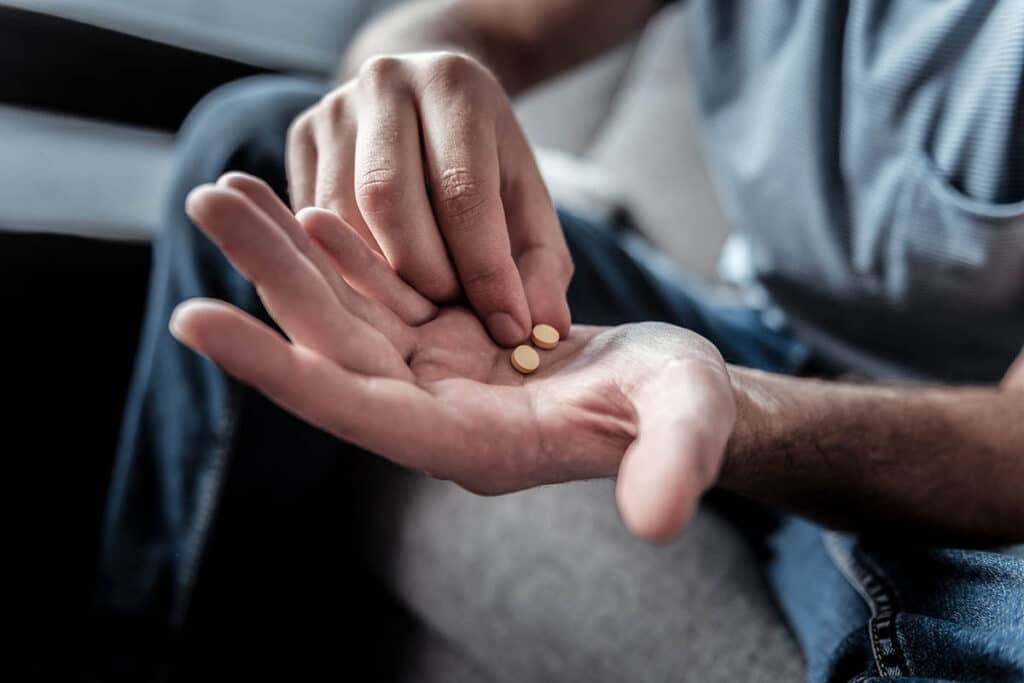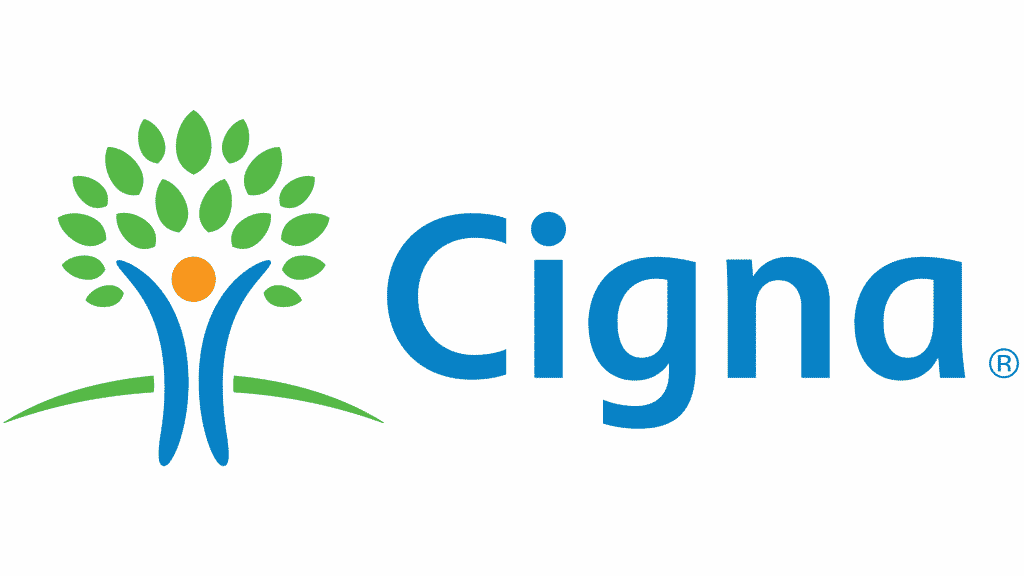As you go through addiction treatment, you will learn a lot of skills and healthy activities that you can implement into your life. It is important that you embrace all of the skills that you learn in order to carry you through sobriety.
It is undeniable that addiction recovery is incredibly personal. Throughout the course of your addiction treatment, you may have problems communicating with others or even verbalizing your emotions. Unfortunately, there are a significant number of addiction treatment programs that tend to focus more on talking about how people feel. When people do not have the ability to express their feelings through words, it is important that they have another creative outlet that they can use. This is where art therapy comes in.
At Magnolia Ranch Recovery, we fully embrace the use of art therapy and recognize all of the benefits that it can provide for individuals who are struggling with substance use disorders. With a better understanding of art therapy, you, too, can see why it is incredibly important.
What Is Art Therapy?
When it comes to addiction treatment, art therapy is generally used to provide individuals going through treatment with the ability to artistically create their emotions and convey their words to others. When individuals do not have the ability to explain how they feel, they may find it easier to display their emotions in a nonverbal way.
Art therapy is an excellent option for addiction treatment for a variety of reasons. These include:
- Individuals who deal with substance use can experience brain cell damage, which can lead to poor communication skills.
- It is common for people who deal with substance use disorders to have undergone some type of sexual or physical abuse or trauma in the past.
- Many individuals in recovery have co-occurring mental health conditions, which can make it hard for them to verbalize how they feel.
Individuals who struggle with substance use disorder can utilize art in order to explore issues, understand them better, and resolve them in a nontraditional way. Even if a person does not have artistic talent, they still have the ability to utilize art therapy in order to creatively express themselves.
What Techniques Are Used in Art Therapy
With art therapy in addiction treatment, the goal is to ultimately provide individuals who are seeking treatment for their addiction with the ability to communicate how they feel and express their experiences. There are several forms of creative arts used during art therapy sessions while in addiction treatment. Some of the most common include:
- Acting: Those struggling with addiction have the ability to express themselves in a physical manner through role playing or acting out their feelings.
- Creating poetry: Poetry provides individuals with the ability to creatively express their emotions in dealing with their addictions.
- Clay sculpting: Sculpting provides patients with the ability to creatively sculpt their emotions to put on display.
- Drawing: Drawing with pencils, markers, and other instruments allows those receiving addiction treatment to creatively express their emotions through tones and images.
- Painting: Just like drawing, painting provides individuals with the ability to express their emotions in a colorful way.
- Keeping a journal: Patients are able to jot down their emotions and their feelings whenever necessary. Keeping a journal of the feelings that you experience throughout your recovery process can help you identify problems and triggers and develop healthy coping skills.
- Creating music: Creating music, whether verbally or with an instrument, provides individuals going through addiction treatment with the ability to creatively express their emotions.
- Using musical instruments: Individuals have the ability to learn to play instruments and make music. Learning a fun hobby can help those going through treatment by providing them with activities that they can incorporate into their schedules after leaving.
Each of these creative avenues allows individuals going through treatment to express themselves clearly to others.
How Art Therapy Helps in Addiction Treatment
While going through addiction treatment, there are several benefits to using art therapy. Some of these include:
- Decreases the shame that you may feel as a result of your addiction
- Provide you with the ability to release your emotions in a healthy way
- Provide you with the ability to express yourself
- Works effectively well for stress management
- Provides you with an alternative way to express yourself
- Gives the subconscious an opportunity to express itself in a creative way
- Provide you with a safe release for any painful emotions that you have
- Provide you with a break from any type of intensive talk therapy that you have been involved in
- Can alleviate any denial of your addiction that you may have had
- Can help you adjust better during addiction recovery
In addition, art therapy provides you with something that you can use as a talking point during sessions with your therapist or in group therapy.
Art Therapy Is Good for Mental Health
Many people who struggle with addiction also have co-occurring mental health disorders. For those struggling with mental health disorders, art therapy can be an especially effective tool for overcoming addiction. Some of the most common co-occurring mental health disorders that are treated with art therapy and addiction treatment include:
- Posttraumatic stress disorder
- Grief
- Severe depression
- Attention deficit hyperactivity disorder
In addition, people who have been diagnosed with autism can significantly benefit from art therapy while going through treatment for addiction. The use of art therapy has demonstrated success when it comes to helping those struggling with addiction develop stronger emotional coping mechanisms. They also learn cognitive coping skills that help them deal with anger, guilt, and sadness. Many individuals also find that art therapy also significantly helps with self-image and self-esteem.
Let Magnolia Ranch Recovery Help
Art therapy can be an incredibly effective addiction treatment option. For this reason, our team at Magnolia Ranch Recovery incorporates the arts in the programs that we offer. We provide our patients with the ability to creatively express themselves through this holistic approach.
If you are interested in experiencing the benefits of art therapy during your addiction treatment, feel free to reach out to our team today to get started.


















